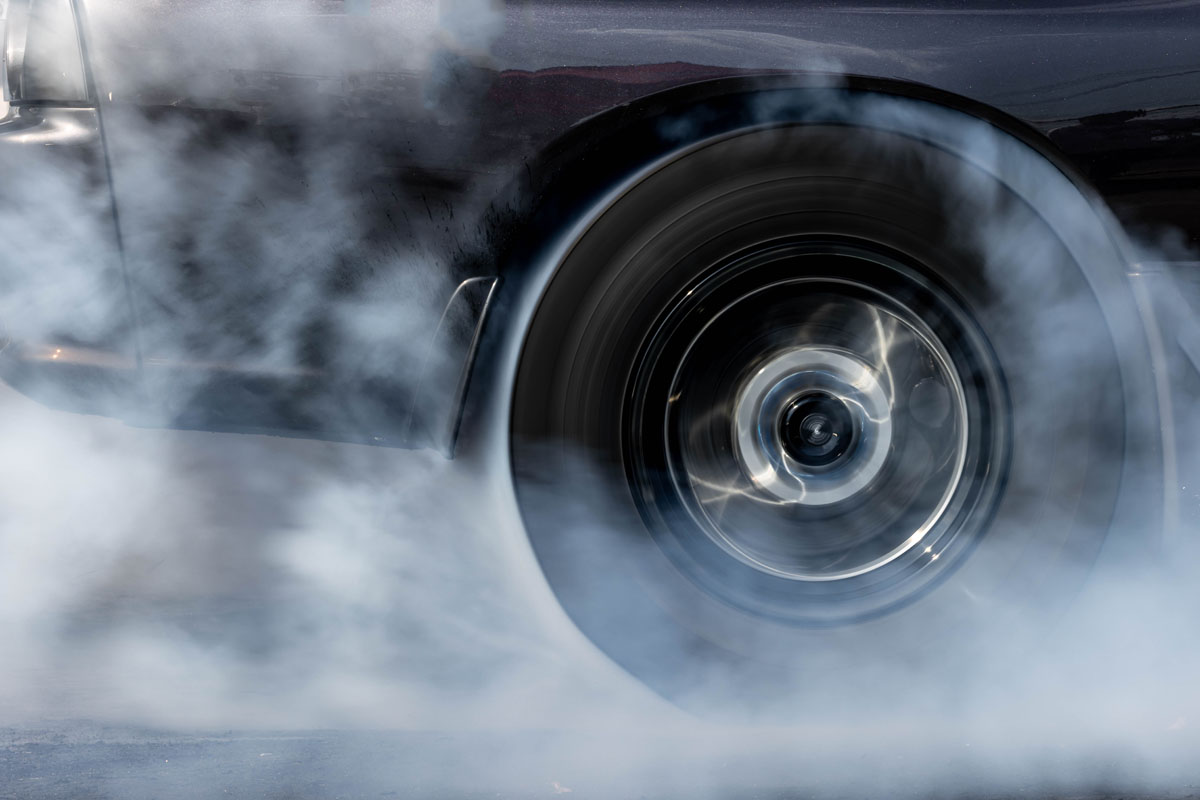A lockup torque converter is a kind of converter that comes with a clutch. This clutch engagement is going to cause the engine to lock to the transmissions gear shaft and as a result leads to a direct one-to-one drive ratio. Lockup torque converters are used because it provides fuel economy, allowing you to use fuel marginally while on your joy ride.
Stages of Operation
The operation of lockup converters is somewhat complicated, but one can still get knowledge of it. In this instance, there comes a lock of the turbine to a torque converter’s casing by hydraulically pressure and this happens as the crankshaft as well as the input shaft are turning simultaneously while driving.
The engaging of the lockup clutch is going to cause fluid in the converter to spin and at a speed likewise to other parts of the converter. The advantage is heat is curbed considerably and as is oil turbulence. The flow of the fluid can be due to the circulating in which the fluid cycles throughout the cooler.
Additionally, the lock-up device benefits from a frictional clutch which is controlled by hydraulic pressure circuitry. The engagement of the device is going to cause the parts of the torque converter to serve as spinning flywheel mass. Consequently, this helps to decrease the load on the radiator while boosting fuel economy.
Lockup Torque Converter Failures
A torque converter lockup clutch could fail and there are various ways this failure can happen. For example, this part can stay locked up, and as such, causing the engine to stall as the vehicle is braked. One other way it could fail is if the part does not lock, resulting in increased fuel consumption in addition to radiator temperature.
Lastly, the converter can be inclined to slip as it is engaged, therefore enabling the engine speed to get faster at a steady speed. It is valuable to note that a torque converter might not lockup for the below reasons:
A cold engine temperature: There are instances in which the converter might not lockup besides the coolant temperature reaching one hundred- and twenty-degrees Fahrenheit.
Overdrive unit lockout: The overdrive unit that’s locked up is going to cause the torque converter lockup to additionally be locked out.
Indications of a Failing Torque Converter
There are instances in which your lockup clutch is not going to engage, and you can easily find out when that occurs. To do this, you should pay close attention to your transmission shift timing and nature of it. You also can utilize a standby tachometer because there are instances in which the lockup clutch engagement could be mild with an insignificant change in engine speed.
On the contrary, torque converters are going to tend to unlock from the depression of the brake or at the lifting off the throttle. The disengagement of the clutch might be easier to spot out in comparison to the engagement, given that it happens slowly in some vehicles.
Road Runner Converters Offers Many Torque Converter Replacements
Road Runner Converters offers many torque converters for sale online. We offer GM Torque Converters, Ford Torque Converters, Diesel Torque Converters, Towing Torque Converters, Street Torque Converters and more.







